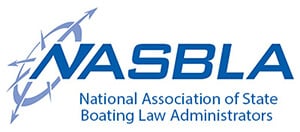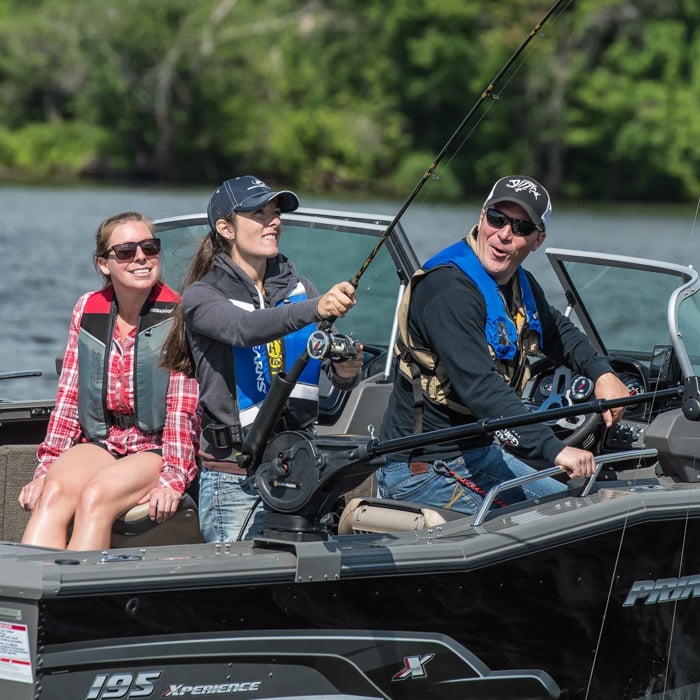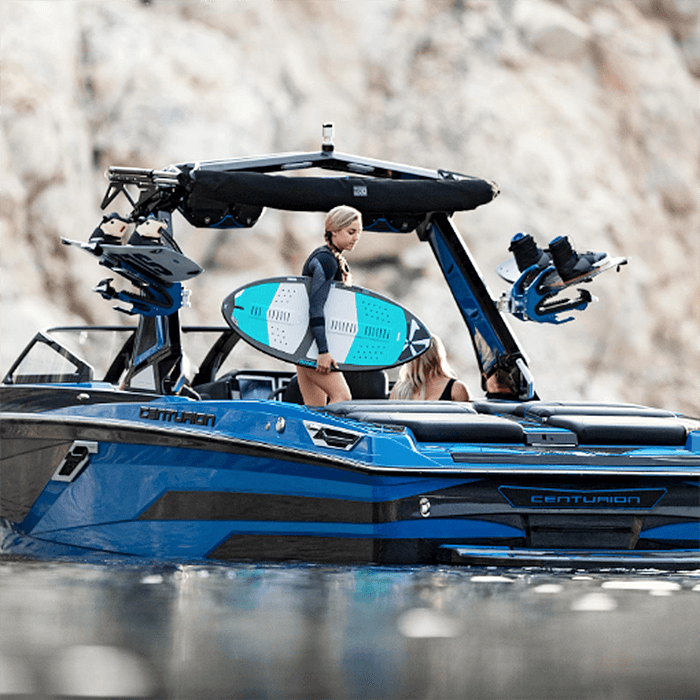Boating education safety requirements Connecticut

To legally operate any boat with a motor, or a sailboat 19 1/2 feet in length or longer,
-
residents of Connecticut,
-
persons owning real property in Connecticut, or
-
persons with vessels registered in Connecticut
must have either
-
a Safe Boating Certificate (SBC),
-
a Certificate of Personal Watercraft Operation (CPWO) or
-
a valid vessel operator license* issued by the United States Coast Guard
Become a safe boater
The purpose of boating safety course is to develop knowledge, skills, and behaviors necessary to become safe, responsible boaters.
FAQ - Boating in Connecticut
- Who is required to take the boating safety course in Connecticut?
- To legally operate any boat with a motor, or a sailboat 19 1/2 feet in length or longer,
-
residents of Connecticut,
-
persons owning real property in Connecticut, or
-
persons with vessels registered in Connecticut
-
a Safe Boating Certificate (SBC),
-
a Certificate of Personal Watercraft Operation (CPWO) or
-
a valid vessel operator license* issued by the United States Coast Guard
Personal Watercraft (PWC) only (i.e. trademarked brand names Jet Ski, Wave Runner, Sea-Doo) Any person operating a personal watercraft must possess either
-
a Certificate of Personal Watercraft Operation (CPWO) issued by Connecticut or
-
a certificate issued by a state with a reciprocal agreement by Connecticut.
-
- Who is exempt from the Connecticut boating license ?
- Certain exemptions are:
- On inland bodies of water with a 10 horsepower limit and between one hour before sunrise and one hour after sunset, a certificate is not required to operate a boat with an electric motor (rated at 106 lbs. of thrust or less). However, the vessel must be registered with the Department of Motor Vehicles
- * If you have a valid vessel operator license issued by the United States Coast Guard you are not required to have a Safe Boating Certificate to operate a vessel other than a personal watercraft (i.e. trademarked brand names Jet Ski, Wave runner, Sea-Doo). You must have the current license on board the recreational vessel you are operating.
- On inland bodies of water with a 10 horsepower limit and between one hour before sunrise and one hour after sunset, a certificate is not required to operate a boat with an electric motor (rated at 106 lbs. of thrust or less). However, the vessel must be registered with the Department of Motor Vehicles
- What are the age restrictions regarding boating safety in Connecticut?
-
No person under age 16, issued a Certificate of Personal Watercraft Operation (CPWO) or a certificate approved by the Commissioner, may operate a personal watercraft without the onboard supervision of a person at least age 18 who has a CPWO.
-
No person under the age of 16 may operate a vessel that is engaged in tubing or water-skiing.
-
A child under the age of 16 may be permitted to operate a vessel, other than a personal watercraft, without obtaining a SBC or CPWO, if the youth is under the direct supervision of a person at least age 18 who has had a boating certificate for at least two years.
-
A child under the age of 12 who has obtained a SBC or CPWO may not operate a vessel with greater than 10 horsepower, unless the youth is accompanied on board by a person at least age 18 who holds a SBC or CPWO.
Owners who knowingly permit an underage child to operate their vessel without a SBC or CPWO when one is required will be held accountable for the actions of the child.
-
- Do I need to register my boat in Connecticut?
Connecticut law requires that all boats with motors, regardless of size, and sailboats powered by sail alone, 19 1/2 feet or longer in length, be registered and numbered before launching.
If you purchase a boat that is currently registered, you are responsible for seeing that it is registered in your name.
- Is my boating license good in other States?
Every U.S. state that demands a boating license will accept Boating Education Licenses from other states that conform to NASBLA requirements as well.
You should follow your safety course in the State where you are resident.




